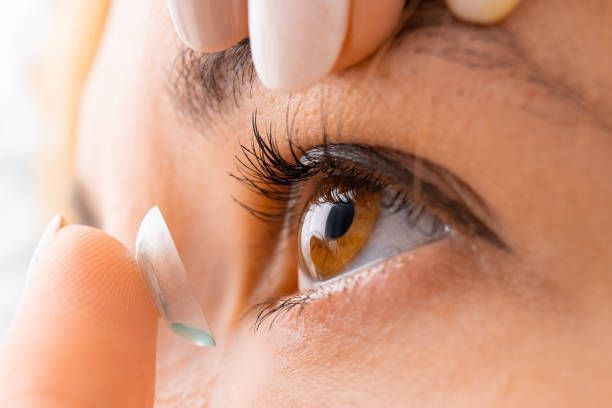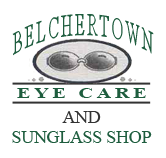Comprehensive Eye Care Resources
Blue light, part of the visible spectrum, can cause eye diseases like cataracts and age-related macular degeneration. Emitted by the sun, electronics, and LED lights, its long-term impact on eye health is under study. It's known to affect sleep by inhibiting melatonin, a sleep-inducing hormone, thus disrupting sleep patterns and reducing REM sleep, which can leave one feeling unrested. Protective measures include using UV-blocking sunglasses and minimizing exposure to blue light-emitting devices. Learn more about this and more by reading below. Belchertown Eye Care and Sunglass Shop in Belchertown, MA, offers expert advice and insights. Call us at 413-323-1196 to learn more.
The Right Age for Contact Lenses
Determining the appropriate age for contact lenses varies, depending on a child's maturity and ability to handle the responsibility of eye care. Infants and young children can physically wear contacts, but proper hygiene and care are essential skills that need development. Many eye care professionals recommend considering contacts for children between 11 and 14, as younger individuals tend to adapt more quickly to their use. Consultation with opticians can provide tailored advice based on a child's readiness and self-care abilities.

Eyeglass Frame Materials
Today's eyeglass frames come in various materials, each with unique benefits. Lightweight options like magnesium and beryllium offer strength and durability, while titanium frames are known for their hypoallergenic properties and corrosion resistance. Aluminum frames balance strength and aesthetics but can be less flexible in cold temperatures. Stainless steel and nickel-titanium frames offer durability and flexibility, respectively, while plastic frames are famous for their style versatility and color options. When selecting frames, consider lifestyle needs, comfort, and potential allergies.
Eye Health Supplements
Designer eyewear brands now offer supplements to support eye health, addressing concerns like blue light exposure and overall vision maintenance. These supplements complement a healthy lifestyle and preventive eye care practices.

Proper Lens Care Instructions
To extend the life of your eyeglasses and maintain clear vision, adequate lens care is crucial. Avoid scratches by cleaning your lenses with warm water and mild soap, drying them with a soft cloth, and avoiding household cleaners. Protect your lenses from extreme heat, and never leave them facing downward. Specialty anti-reflective treatments can help protect against smudges and dust but require careful handling to preserve their benefits.
Scratch Protection for Lenses
While no lenses are entirely scratch-proof, applying a scratch-resistant coating can significantly reduce the risk of damage. This coating is especially beneficial for both lens sides, offering enhanced protection. Lenses made from polycarbonate and trivex inherently resist scratches, but additional treatments can further prolong lens life and maintain clarity.
Thinner and Lighter Lenses
For those with strong prescriptions, the choice of lens material can significantly impact the weight and thickness of glasses. High-index plastic materials and aspheric designs can produce thinner, lighter lenses, reducing the "bug-eye" effect and improving comfort. Discuss with an optician to find the most suitable and aesthetically pleasing lens option for your needs.








